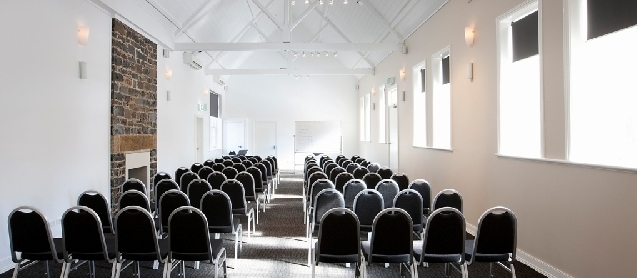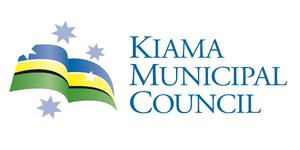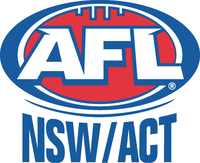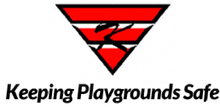Abstracts are now closed
The State Conference aims to inform delegates of innovative ideas and emerging trends, and provides an opportunity for parks and leisure professionals to share learnings. The Conference has a strong emphasis on discussions and workshops, sharing ideas and experiences, and networking.
The Conference Organising Committee is seeking proposals for:
• Solo or shared oral presentations
• Panel presentations
• Workshops
Conference Streams:
• Active Recreation
• Planning and Place
and be of interest to people working in one or more of the following focus areas:
• Metro Councils
• Growth Areas
• Rural Councils
• Regional Cities
Active Recreation – In this stream speakers will explore and share insights relating to effective participation programs and facility management strategies for key stakeholders. Whether it be organised sport or unstructured recreation, expectations and community needs are changing and those in the sport & recreation industry must adapt. From large community events to facility management practices, changing participation trends are impacting on how these are implemented successfully.
We invite abstracts under the stream of Active Recreation to include but not limited to the following:
• Organised sport and required facilities
• Sport and recreation facility management
• Programs and activities to grow participation
• Community participation events
• Bike tracks/cycle ways/walking trails
• Outdoor gym equipment/pods
• Water sports - kayaking/canoes/wind surfing/paddle boarding
• Adventure and extreme sports - paragliding /hang gliding/indoor sports/ climbing walls/gymnastics/roller skating/ice skating Skate parks
Planning and Place – In this stream speakers will discuss the way in which community space is planned and how engagement with key stakeholders is critical to achieving successful outcomes. Community spaces are increasingly being used for a variety of purposes and are often designed to be as flexible as possible. Management practices for these spaces also has to be innovative to meet the challenges this use brings.
We invite abstracts under the stream of Planning and Place to include but not limited to the following:
• Place management
• Placemaking
• Legislation
• Urban design process
• Community and stakeholder engagement
• Community participation events
• Event legacy
• Tourism and visitor retention
• Partnerships
• Open Space Planning
• Innovation in multiple use open space planning
• Horticulture - Succession planning, environmental law & public open space
• Resilience in tree and turf management and maintenance
Guidelines
• You may submit more than one Abstract.
• Although many presentations use PowerPoint, its use is not a prerequisite. We encourage presenters to use other media such as film, photos, etc.
• Presentations will be largely be for a period of 30 minutes. Presenters are encouraged to allow for and promote discussion; therefore presentations should be planned for 20 - 25 minutes with a delegate discussion time of 5 - 10 minutes duration.
• Presentations, workshops and panel sessions can be extended to 60 minutes or 90 minutes duration on application.
Conference Organising Committee Preferences
• Abstracts with a rural context are encouraged.
• Sessions which incorporate substantial delegate interaction are strongly encouraged.
• Workshops are encouraged.
Presenter Nomination Process
• Abstracts must be submitted using the online system.
• Abstracts do not have to be completed in one sitting. The system will allow you to save content and to return to it later.
• Acknowledgement of the receipt of a completed abstract will be provided by email.
Information required for a successful abstract submission:
• Title of presentation/ workshop
• Session type (solo presentation, shared presentation, workshop or panel)
• Length of session (30 min, 60 min or 90 min)
• Presenter name(s)
• Presenter’s position and workplace/ company
• Learning Outcome of the Session (what the delegate will know at the end of the session). Learning Outcomes will be noted in the Conference Program.
• Outline how the presenter intends to engage/ interact with the audience
• Abstract - A summary of 100 – 150 words describing the issue/ presentation. Abstracts will be printed in the Conference Program.
Submission Conditions
• The invitation to submit an Abstract does not constitute an offer by the organisers to pay travel, accommodation or registration costs associated with the Conference.
• Speakers will have the option to register and attend the Conference for a reduced rate (speaker rate). Conversely, if a speaker can only be at the Conference for their presentation, no registration fee will be applicable.
Key Dates
Call for Abstracts Open - Wednesday 1 February 2017
Call for Abstracts Close - Friday 10 March 2017
Speakers Notified of Acceptance - Thursday 30 March 2017











